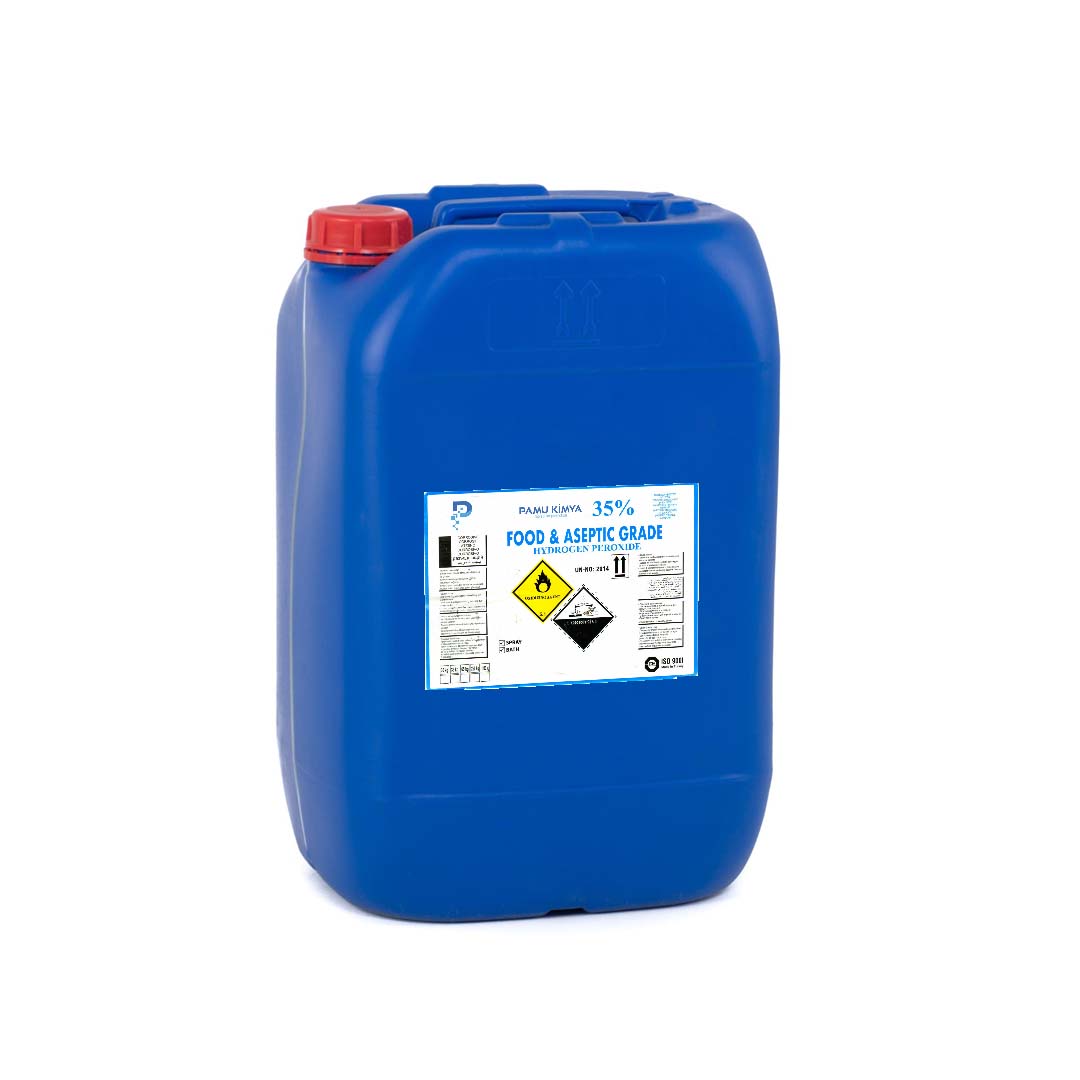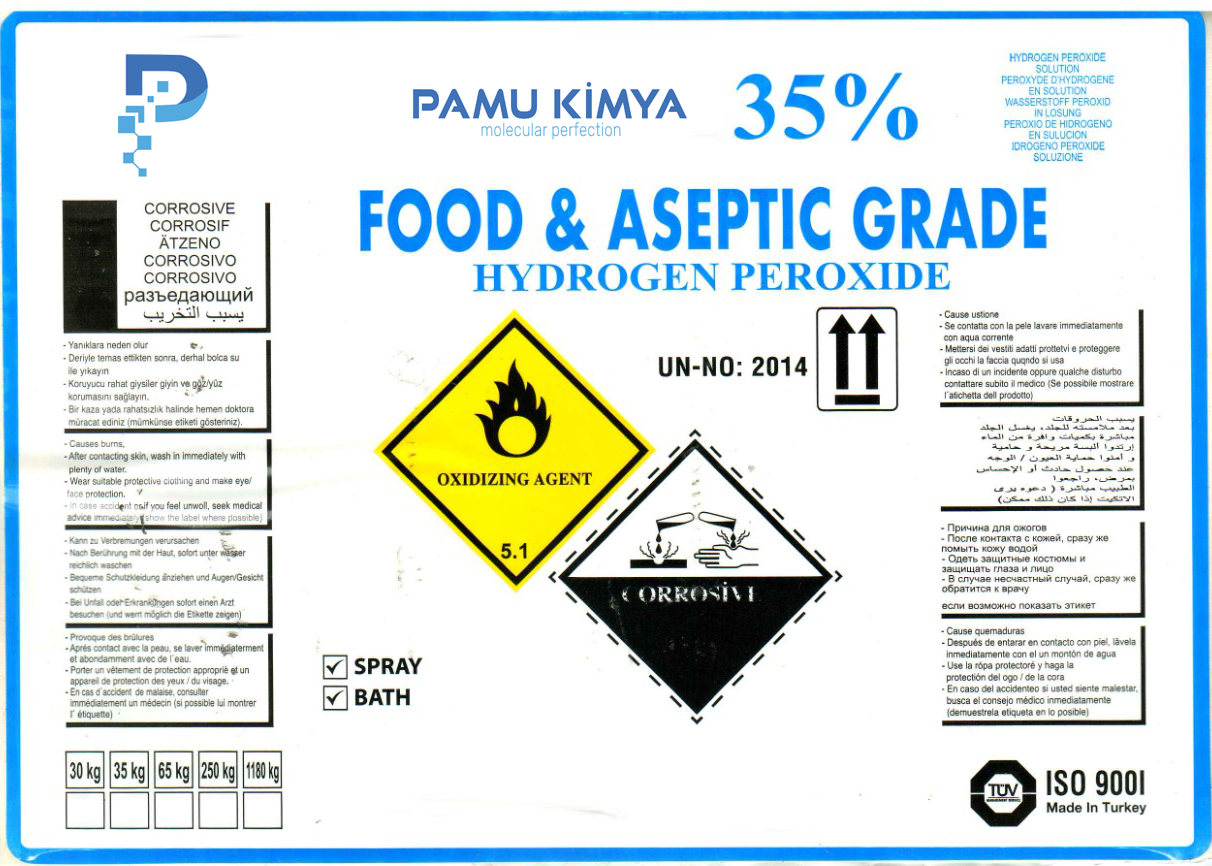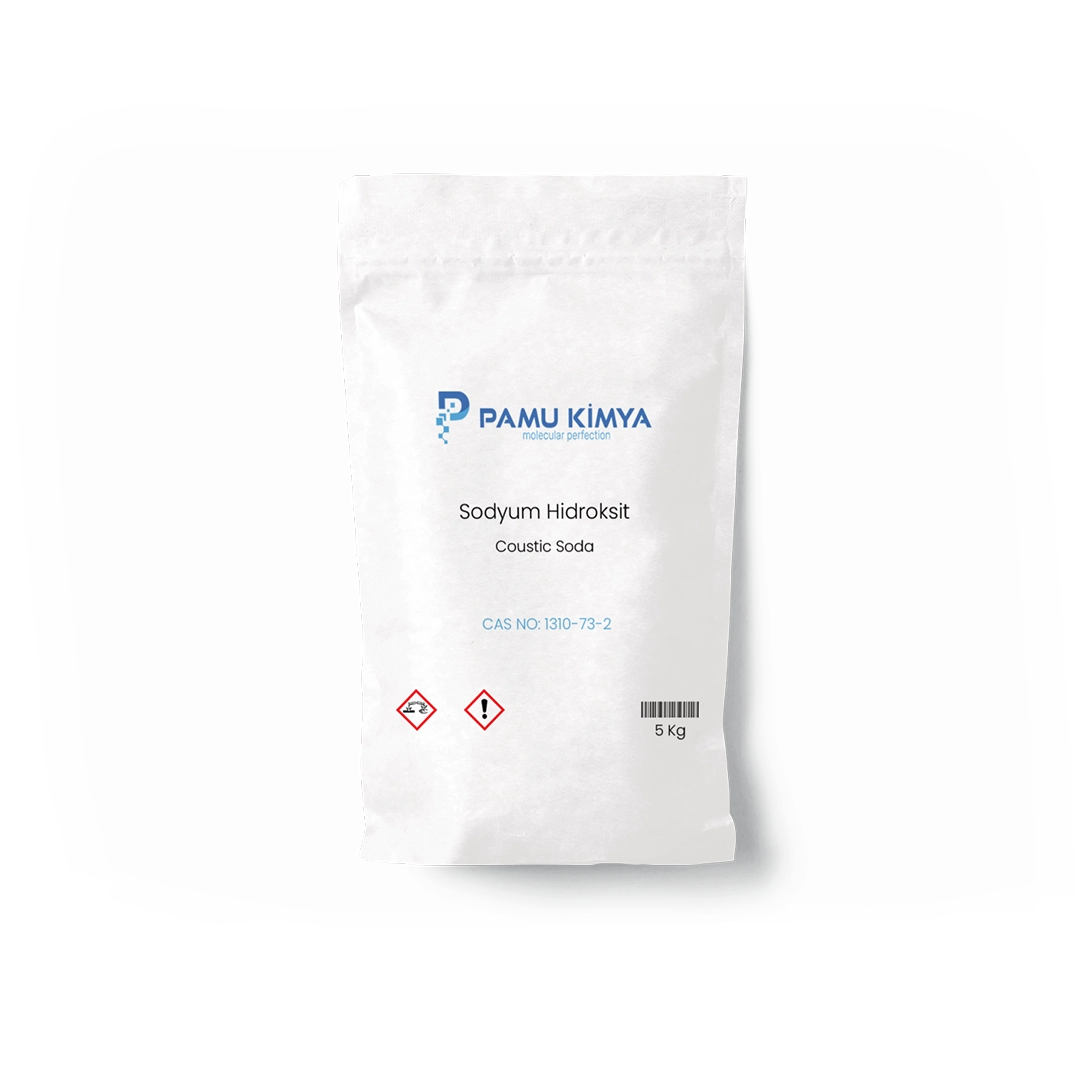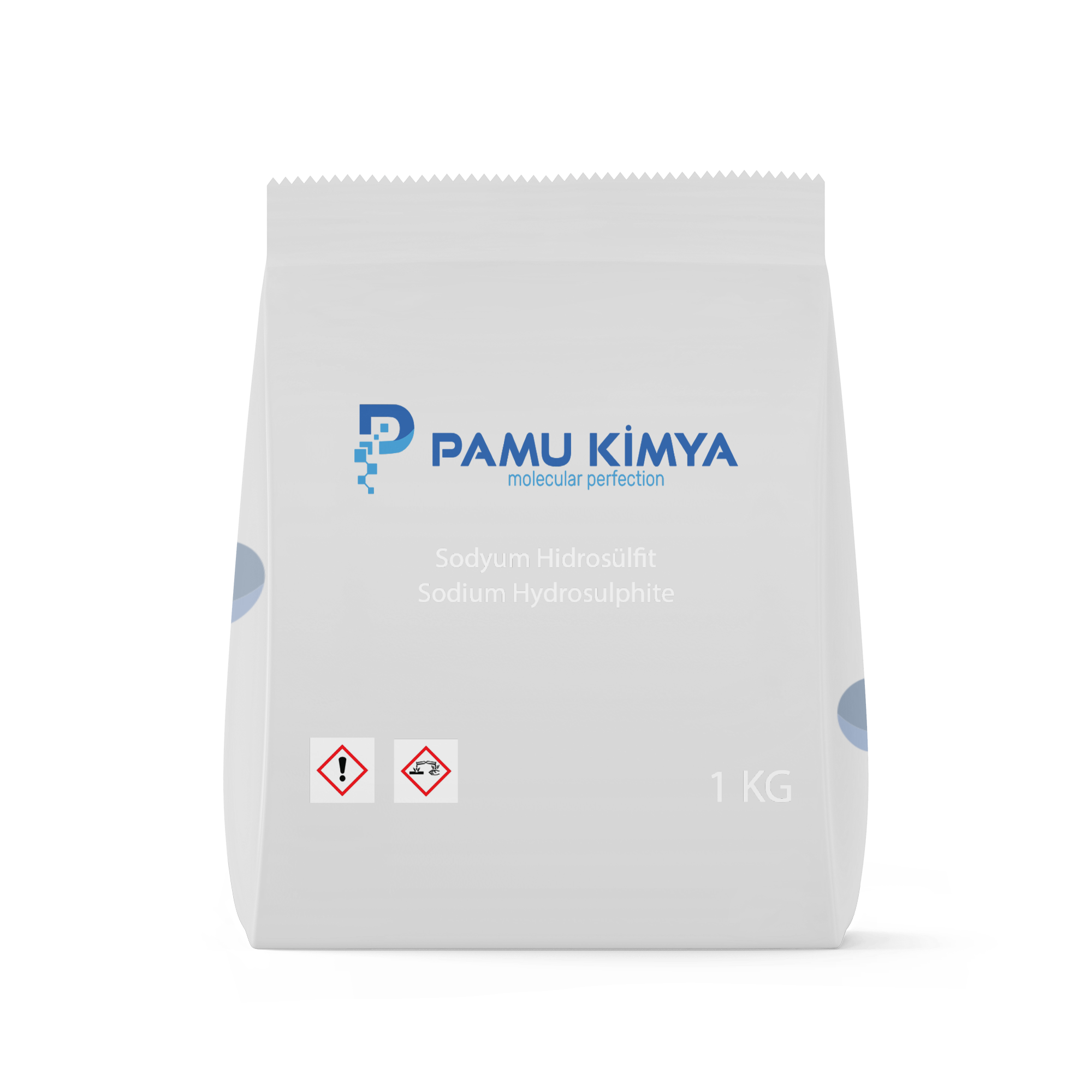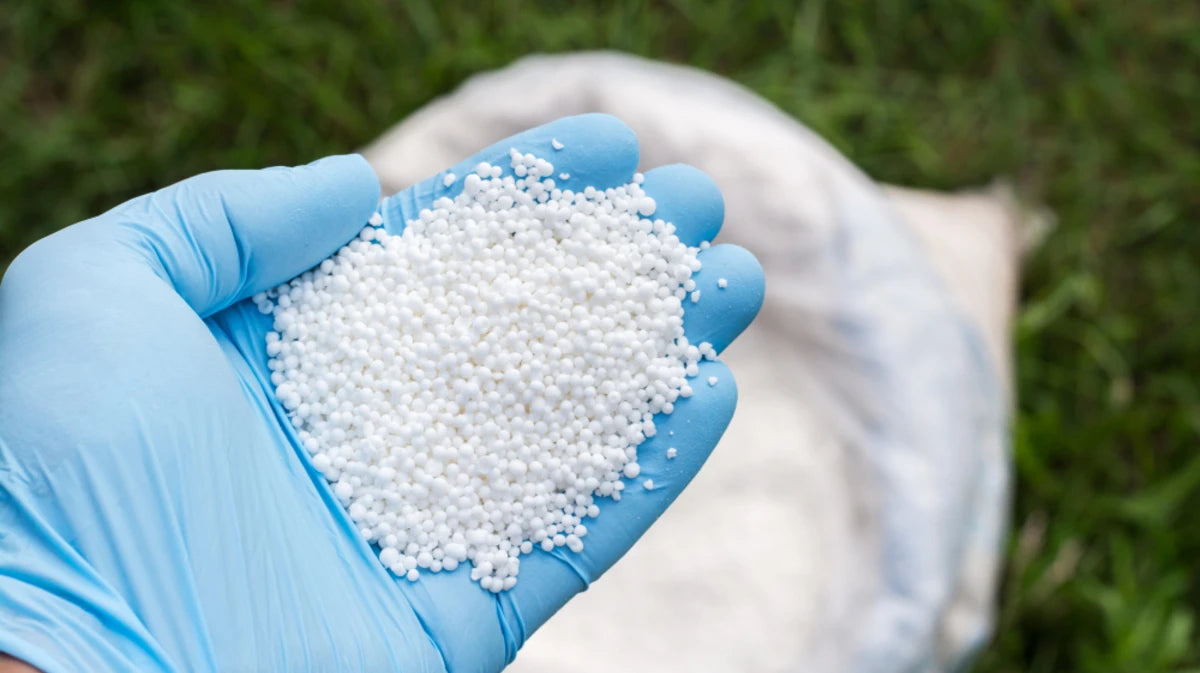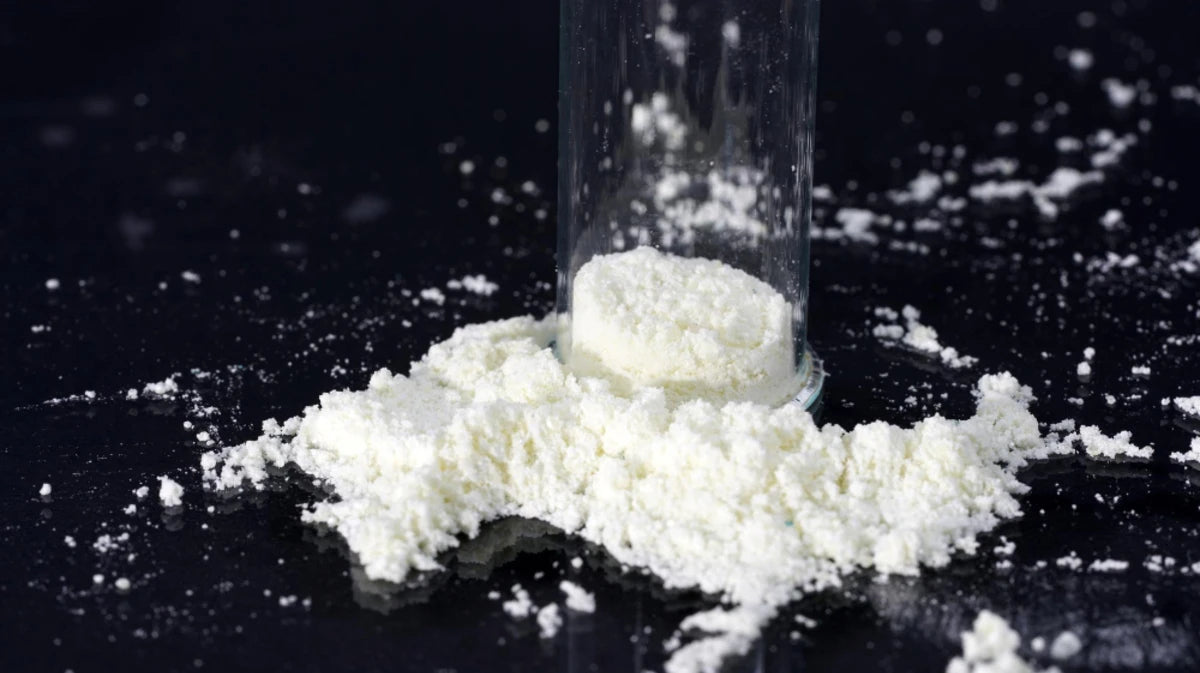
Calcium
Calcium is an alkaline earth metal with the symbol Ca and is found in the second group of the periodic table. Calcium, with atomic number 20, is a vital element for the human body and nature. Calcium is the fifth most abundant element in the earth's crust and plays a fundamental role in biological systems.
Chemical Properties of Calcium
Calcium is a soft, silvery-white metal that tends to oxidize and tarnish on exposure to air. It is slightly soluble in water, liberating hydrogen gas. The chemical behavior of calcium is similar to that of other alkaline earth metals.
Some basic chemical properties of calcium:
-
Electron configuration: [Ar] 4s²
-
Reactivity: Reacts easily with oxygen and water.
-
Forming compounds: It forms important compounds such as calcium carbonate (CaCO3), calcium oxide (CaO) and calcium hydroxide [Ca(OH)2].
The Role of Calcium in Nature and Biology
1. Its Role in Nature
Calcium is usually found in nature in the form of compounds. The most common sources of calcium are:
-
Limestone, marble and chalk: Contain calcium carbonate (CaCO3).
-
Gypsum: It consists of calcium sulphate (CaSO4).
These minerals are widely used in construction, agriculture and industry.
2. Biological Role
Calcium is the most abundant mineral in the human body, making up approximately 1-2% of total body weight.
-
Bone and teeth health: Calcium is the main building block of bones and teeth. It is important in preventing diseases such as osteoporosis.
-
Muscle contraction: Helps with muscle contraction and relaxation.
-
Nervous system: Plays a critical role in the transmission of nerve impulses.
-
Hormone release: Calcium ions are necessary for the release of some hormones.
Industrial Applications of Calcium
Calcium is widely used in various industries:
-
Construction industry: Limestone and gypsum are used in the production of cement and gypsum board. Calcium carbonate is one of the basic ingredients for cement and increases the durability of concrete. Gypsum is preferred in decoration and surface arrangement processes.
-
Metallurgy: Calcium is used as a reducing agent in the production of metal alloys. It is also used as an ashing agent in the iron and steel industry, which increases the purity of metals and improves their mechanical properties.
-
Agriculture: Calcium carbonate is used in agriculture to reduce soil acidity. In addition, fertilizers such as calcium nitrate support plant nutrition and increase yields.
-
Chemical industry: Calcium salts are used in the production of soaps, detergents, and plastics. Additionally, calcium oxide (quicklime) is widely used as a catalyst and desiccant in chemical syntheses.
-
Food industry: Calcium carbonate is used as a food additive and is often added to provide calcium supplements. It also acts as a preservative and acidity regulator.
-
Paper and paint industry: Calcium carbonate is used as paper whitener and paint pigment. This application both increases color brightness and reduces material costs.
Calcium carbonate – use in the construction industry
People have valued this natural raw material, calcium carbonate, for centuries. CaCO3 has poor water solubility and is perfect for the production of cement, a basic component of powder, masonry and plaster mortar. Calcite creates high-quality, durable binders that last for years, whether used outdoors or indoors.
Calcium carbonate for wine and food products
Is it possible to deacidify wine with calcium carbonate? Absolutely! Homemade winemakers and lovers use CaCO 3 in critical situations where the must or the final product is too acidic and undrinkable. When you add a little calcium carbonate, the wine regains its natural flavor. In the food industry, calcium carbonate is known as the additive E170. It is used in pastries, chewing gum, some breads, chips and cookies.
Calcium carbonate in the beauty industry
Calcium carbonate is obtained by a relatively simple, fast and economical reaction, so CaCO3 is also used in the beauty industry. The white and dry powder is used in the production of face powder, baby powder, eye shadow or cosmetic foundation. Due to its whitening effect, calcium carbonate is a popular ingredient in toothpastes.
Calcium carbonate: use – agriculture and animal husbandry
Calcium carbonate is widely used in agriculture and animal husbandry – a calcium fertiliser enriches impoverished soil, while mixtures containing Calcium Carbonate are excellent nutritional supplements for animals. The calcium carbonate content in the soil is an indicator of soil quality – the less CaCO 3 , the less fertile and stable the soil. Dairy cattle breeders use calcium bicarbonate for cows to increase lactation and strengthen the gastrointestinal tract in animals. Similar to calcium carbonate for chickens, calcium carbonate for cattle feeds the general condition of the farm animals, preventing acidification, weakening or diseases.




